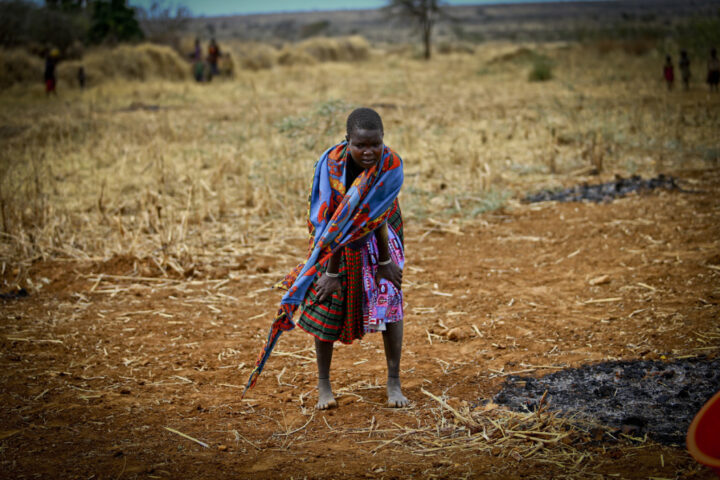The next centenary of Ugandan self-government shall be defined by the extractives sector.
In particular, two streams shall have an outsize impact on the ability of the government to balance its books, service a dynamic economy and rising population while avoiding the slippery slide into the debt traps that growth on borrowed money inevitably reveal.
The first stream is the impact that affordable gas for cooking shall have on the way we live our lives and respond to the crisis of deforestation today. Currently, 125,000 hectares of forest cover is lost annually. The pressure is from wood fuel for cooking alongside forested land opened for agriculture and, not least, some mischief related to poorly policed “land trading.”
In 2025, however, when the oil fields produce the first barrel of oil thus so will gas be available. To understand the scale of this, the reader must know that nearly 90 per cent of Ugandans rely on forest products to cook their meals. However, the liquefied petroleum gas (LPG) potential from the Hoima and Buliisa fields shall cover more than three times the needs of Uganda.

In short, there is a potential for a major shift away from forest products for cooking on a scale that will have a real social and environmental impact. An entire new gas economy shall emerge, changing our relationship to the land. Boarding schools and other large institutions will move to LPG in a way that will chart a new course for an essential part of life – food and how it is cooked.
The government already has in place a plan to produce in-country and mass-distribute cooking stoves. If the ambition, say to transit two to five million households to LPG by the end of the decade is to be met, a separate public company, the Uganda Gas Company, must be entrusted with such a task.
Unlike many parts of the world where gas is piped, Uganda, in the initial years, shall rely on gas cylinders. Nonetheless, natural gas for cooking will have as big an impact in broad terms as free secondary education, and shall commence a new independence, one from continuing to do harm to the environment in ways we can no longer afford.
Secondly, while the oil and gas sector has reframed how Uganda exploits her natural resources (with deliberation, proceeding with the right laws and policies and negotiating fair returns with companies investing here) it has also created a framework for the ongoing leap from fossil fuels to renewable energies globally.
This shift is in fact no different from the move from coal and steam to petroleum that re-ordered the current world economy, politics, and international relations. The move to electric will put demand on minerals (lithium, cobalt, rare earths, etc) that will create an entirely new economy and with it new relationships globally.
Unlike oil, however, countries like Uganda are arriving on the eve of this change with eyes wide open. The proposed Uganda Mining Company will be a game changer in the fortunes of the country, if well prosecuted. Uganda has a unique approach to natural resources on the continent already. No minerals are allowed to be exported without processing. The old pre-independence trap of raw material exports is being abandoned for an ambitious new one that could support growth at home, the transfer of technologies and decent jobs.
The mineral sector estimates even now exceed what Uganda will earn from oil (oil earnings when production starts will be $1.8 billion annually).
According to the Critical Minerals Market Review (critical minerals include lithium, cobalt, nickel, and rare earths), demand from the move to electric etc topped $320 billion globally in 2022.
Clean energy is driving new investment from the largest mining companies. Modelled closely on the Uganda National Oil Company, the new national mining company is expected to take a stake on mineral concessions (Uganda has an innovative framework of Production Sharing Agreements in place for minerals) and with value-addition in-country can augment the current pace of industrialization.
The global shift to the mining sector means Uganda can be a player in a region considered one of the main sources of rare earth minerals. Around Africa today, Uganda’s position of not exporting raw or unprocessed minerals is considered revolutionary because put simply, it is.
If pursued prudently, it can constitute the economic independence of the future.
As published in the Observer Newspaper Uganda










